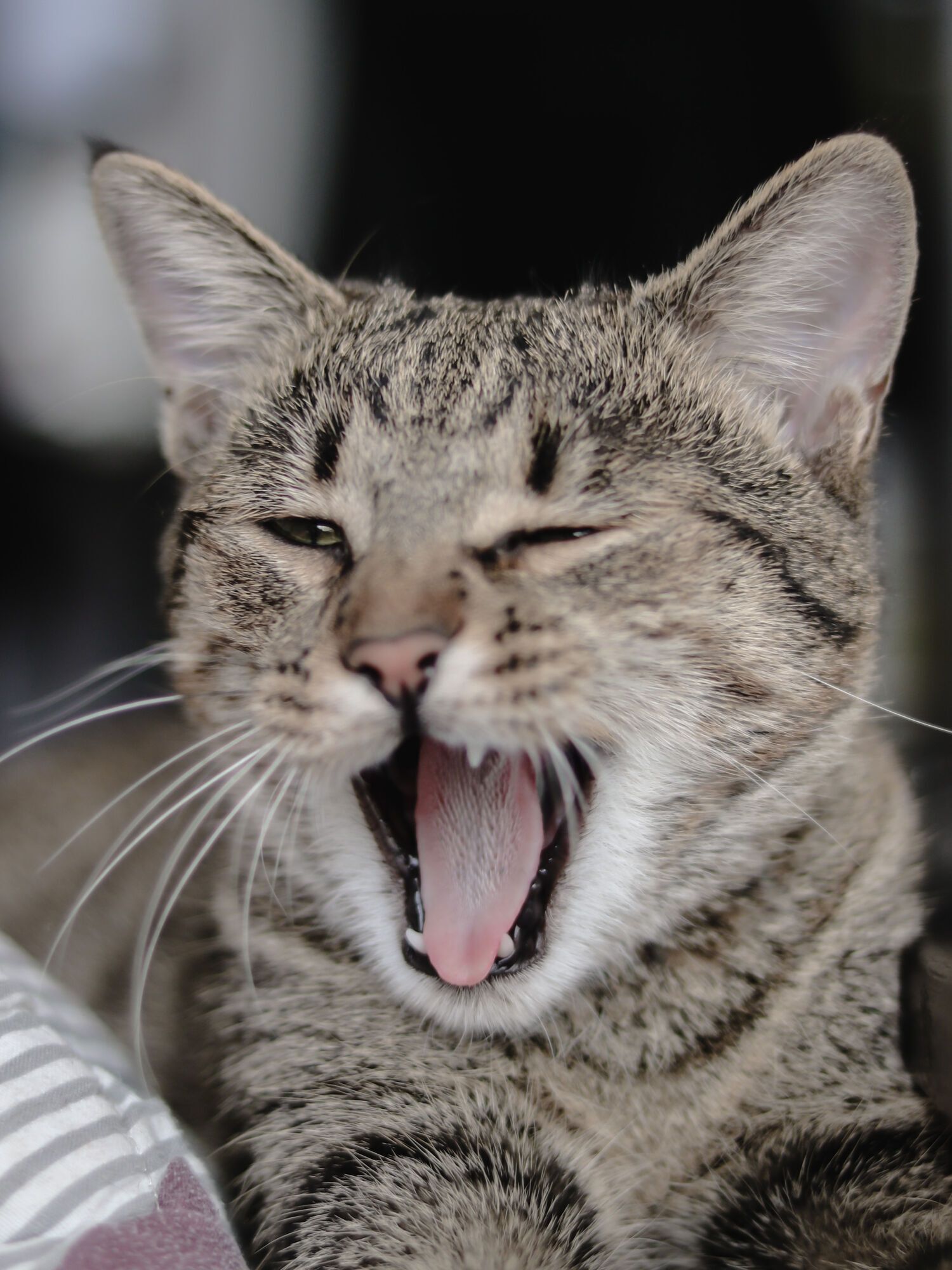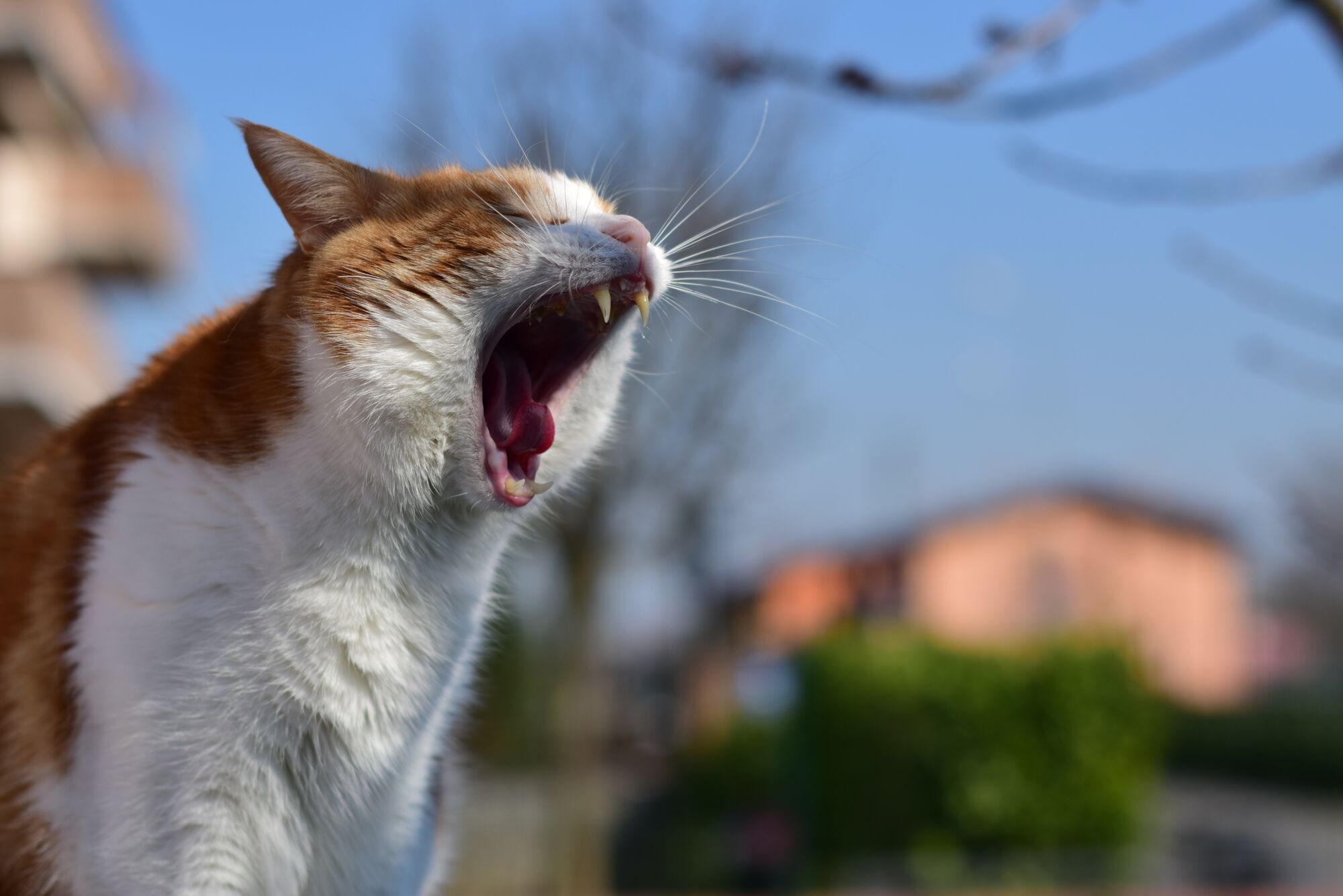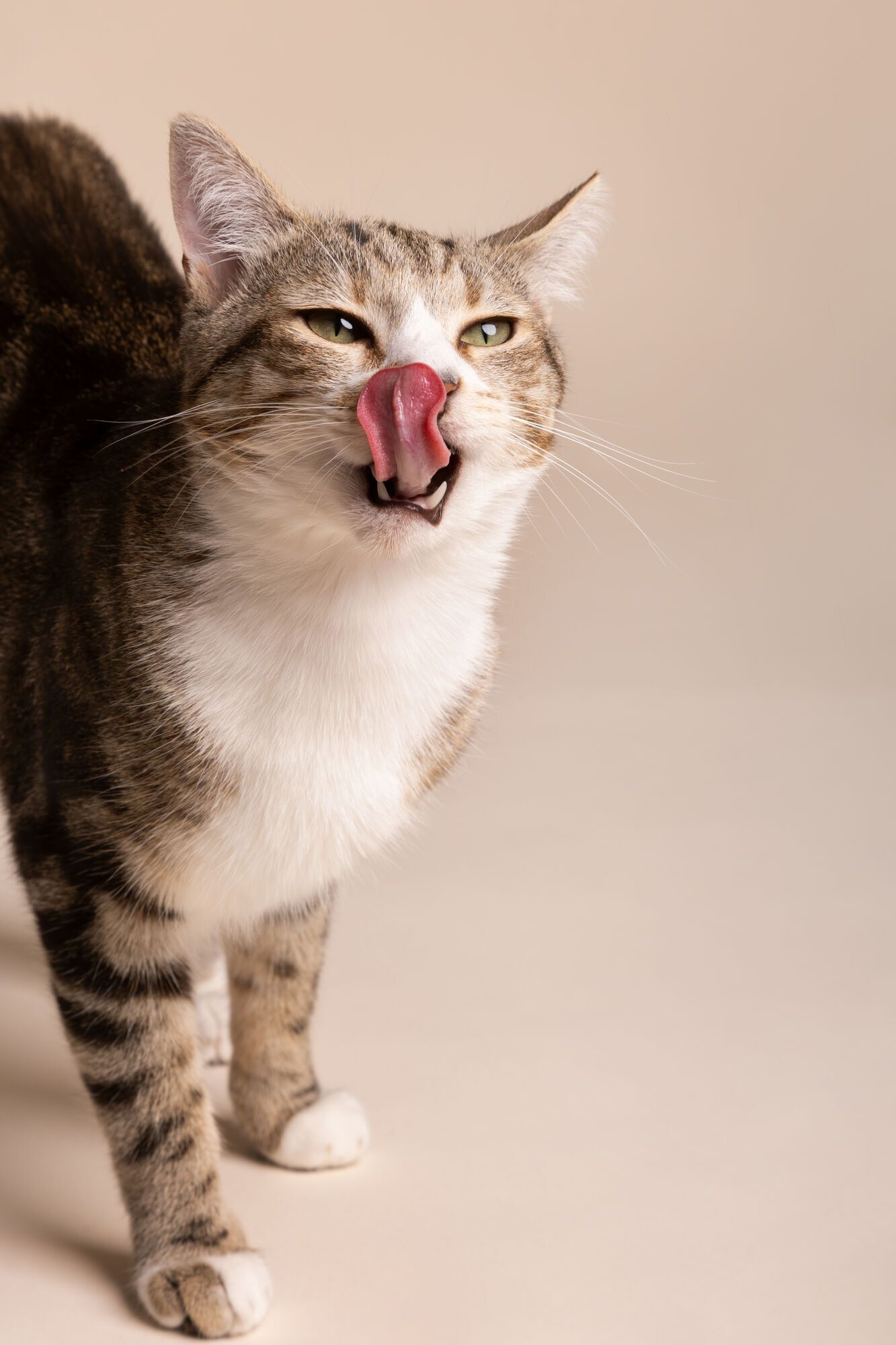News
Why cats "talk": learning to understand your feline
Cats make different sounds to communicate with people and other animals. Each of their "words" can mean different needs.
In one situation, they meow gently, in another, they hiss, and in the third, they can make sounds similar to babbling. Live Science writes about how to understand your furry friend.
The independence of cats makes it difficult to conduct research in the laboratory, so scientists do not conduct it, but cat owners and researchers have found a number of possible explanations for cat chatter.
Meowing directed at humans is a call for attention (or demand for food) while hissing or growling at other cats or animals indicates stress and hostility. And then there is the sound a cat usually makes when it sees prey. Just as humans grumble when they are annoyed, these unusual vocalizations may simply be an expression of certain feline emotions.
Feline behaviorist Mikel Delgado says these sounds are not a signal to anyone in the environment.
"It's not necessarily negative emotions, it could just be excitement," he says.
An evolutionary biologist from Washington University in St. Louis and author of the book "Cat Meow: How Cats Evolved from the Savannah to Your Couch" told about another interesting habit of cats: opening their mouths. He believes that they do this when they need to enhance their sense of smell. It doesn't matter what kind of sound is produced. Their goal is to draw in air so that the organ called the vomeronasal or Jacobson's organ works. It is located in the upper part of the mouth and acts as a second nose, allowing cats to smell chemicals that are different from those that only the nose can smell.
"By directing the airflow to this organ, babbling may help cats get more sensory information about their environment," the scientist says. But he clarifies that this is not confirmed information, because it is extremely difficult to plan a study to effectively test this hypothesis.
"Most cats are not well understood, and we don't know much about them, including the ancestor of the domestic cat, the North African wildcat. The key to understanding domestic cats is to better understand wild cats so that we know whether behaviors are inherited from their ancestors or have arisen after domestication," the scientists explain.
It's still a mystery why cats talk, but feline behaviorist Mikel Delgado suggested that cat owners themselves can provide important information that will help uncover the cause. To do this, you need to monitor the behavior of pets, recording when they "talk" and what sounds they make.
"It would be interesting to conduct a survey of cat owners about what they observe and whether their cats talk," he said.
In the meantime, we invite you to enjoy a video selection of cat babbling, which, if it doesn't explain what they're talking about, will definitely set the mood.
Only verified information is available in our Telegram channel OBOZ.UA and Viber. Do not fall for fakes!






























